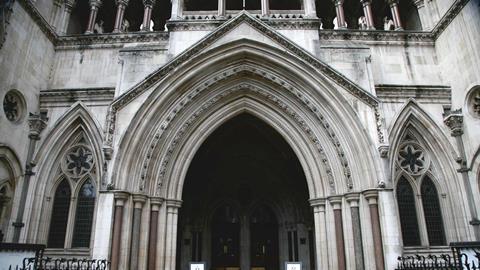A decision by the High Court is expected next month on a union’s challenge to the government’s introduction of employment tribunal fees.
The fees were introduced in July and the judicial review hearing was brought to the High Court last week by trade union Unison.
Dave Prentis, the union’s general secretary, said: ‘Experience shows that the balance in the workplace favours the employers, and pricing workers out of court is unfair and underhand.’
Fees start at around £160 to issue a claim, rising to £250 depending on the type of claim, with further hearing fees of between £230 and £950.
Employment lawyers said that the court is unlikely to rule in the union’s favour. Louise Taft, senior solicitor at London firm Prolegal, said: ‘It would be difficult for the high court to overturn a decision that has already been made.’
Geoffrey Mead, partner at global firm Eversheds, said the government will probably only have to modify its changes: ‘It’s likely the challenge will be unsuccessful, as the government will show it has taken sufficient steps to ensure those of limited means still have access through remission.’
However, Taft said that the waiving of fees for people on low incomes has been difficult to put into practice. ‘We have had an administrative nightmare trying to work out who is entitled to remission. Receiving housing and tax credits has been enough to take some people over the threshold.’
Unison has pointed to government statistics showing an 8% drop in individual claims for employment tribunals since the fees were introduced.
However, Peter Jones, senior associate at Kent firm Thomson Snell & Passmore, said it may be too soon to gauge the impact of the fees, as a number of individuals will have entered claims just before the fee was imposed.
In the long term, the introduction of fees is likely to reduce the number of both vexatious claims and valid ones, he added.




























No comments yet